Menu

Photo 1. Participants of the 7th CEFIA Forum.
The ASEAN Centre for Energy (ACE) co-organised the 7th Government – Private Forum on Cleaner Energy Future Initiative for ASEAN (CEFIA), held for the first time in Japan on 13 – 14 February 2025, in Kobe City. The Forum was hosted by the Ministry of Economy, Trade and Industry (METI) of Japan aiming to facilitate collaboration between the public and private sectors to accelerate the development of cleaner energy and decarbonisation technologies in the ASEAN region.
Supporting the ASEAN Plan of Action for Energy Cooperation (APAEC) 2016-2025 Phase II: 2021-2025 Programme Area Energy Efficiency and Conservation (EE&C) and Renewable Energy (RE), the 7th CEFIA Forum highlighted hydrogen and ammonia technologies as a new CEFIA flagship project. Representatives from 10 ASEAN Member States (AMS), private companies, academia, METI, and ACE participated in the Forum, with over 150 additional participants joining via Zoom Webinar.
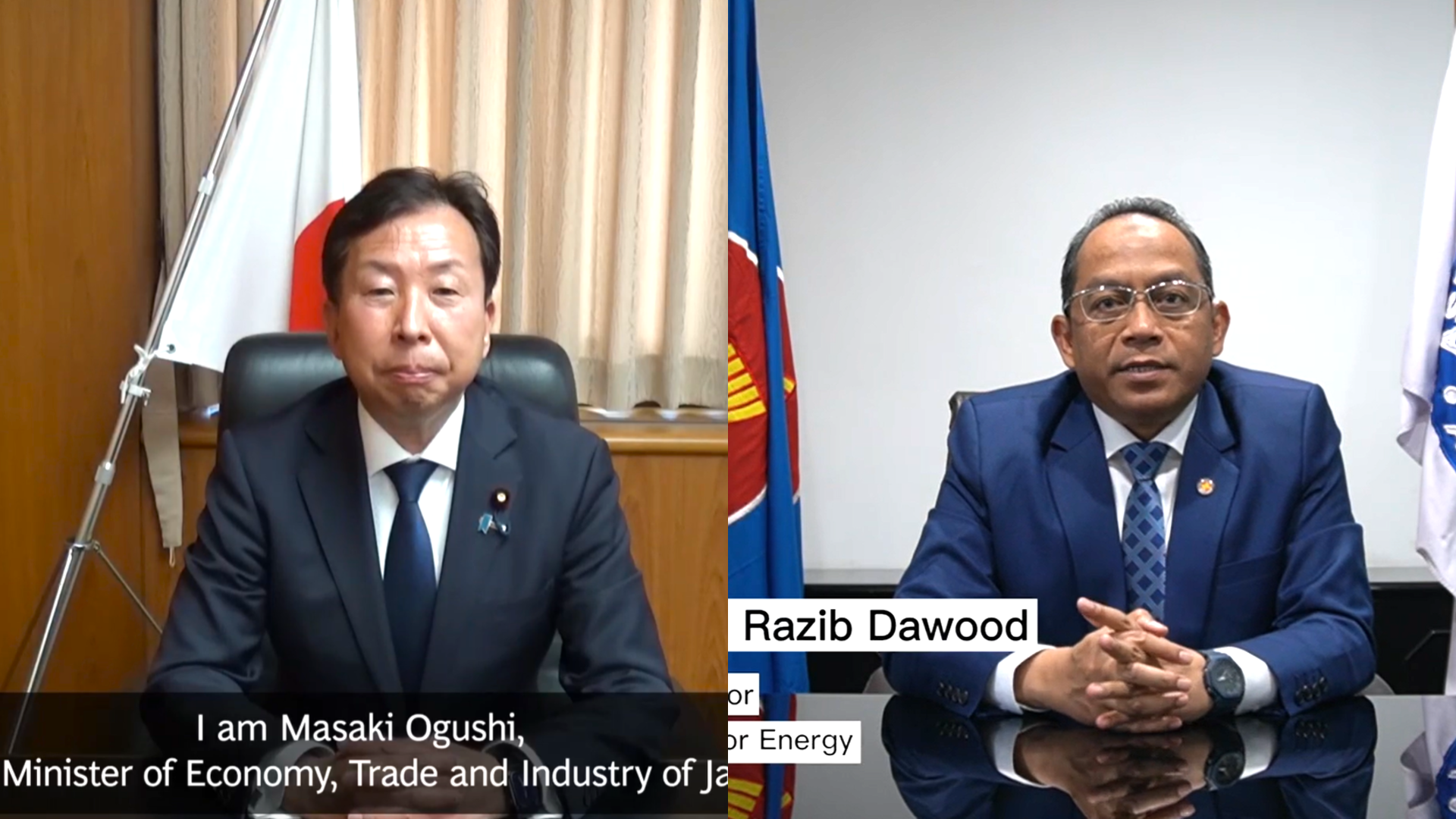
Photo 2. Opening Remarks by Masaki Ogushi from METI (left) and Dato’ Ir. Ts. Razib Dawood from ACE (right).
The Forum began with opening remarks from Masaki Ogushi, State Minister of Economy, Trade and Industry, Japan, and Dato’ Ir. Ts. Razib Dawood, Executive Director of ACE. To set the scene, Tung Phuong, Senior Officer, APAEC Department at ACE, provided a review of the 6th CEFIA Forum, outlined directions from the 21st AMEM+3, and shared updates on APAEC Phase II: 2021–2025 and APAEC Post-2025 development. He also emphasised the importance of building stronger regional partnerships, private sector involvement, and capacity building under the CEFIA initiatives.
Session I focused on sharing the progress, activities, and key achievements of the CEFIA flagship projects: Renkei, Net-Zero Energy Building (ZEB), SteelEcosol, Biochar, Healthy and Energy Efficient Air Conditioners, and Microgrid. Moderated by a METI representative, the session featured presentations from the Japan Electronics and Information Technology Industries Association (JEITA), Japanese Business Alliance for Smart Energy Worldwide (JASE-W), Japan Iron and Steel Federation, Forest Energy Inc., Daikin Industries, Ltd., and Furukawa Battery. Furthermore, the planned future activities of each flagship project to support ASEAN were highlighted.
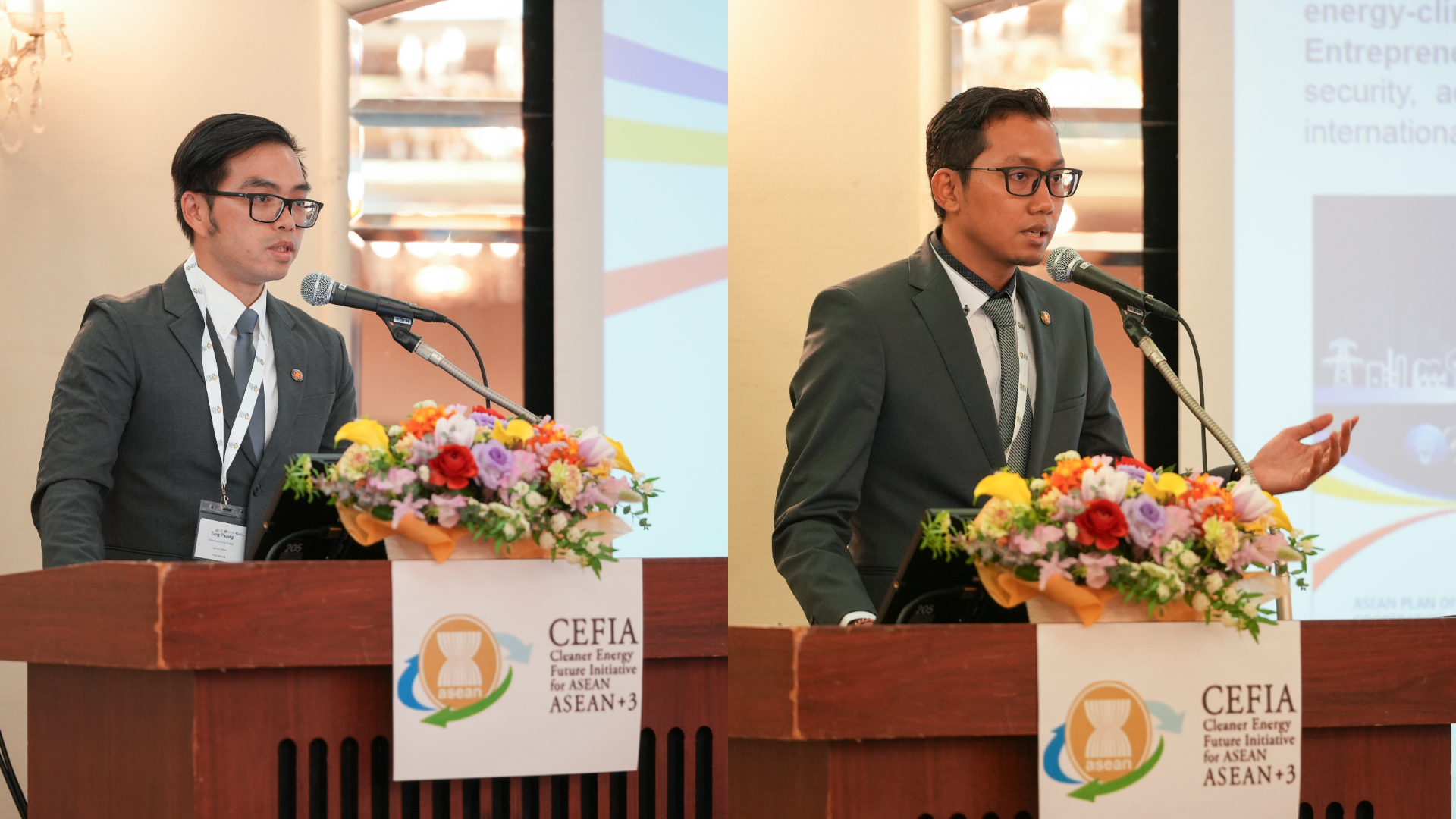
Photo 3. Tung Phuong (left) and Dr Zulfikar Yurnaidi (right) from ACE at the 7th CEFIA Forum.
Monika Merdekawati, Senior Officer, Sustainable and Renewable Energy (SRE) Department at ACE, moderated Session II, which focused on CEFIA’s cross-cutting field in public and private finance. This session provided insights into mobilising public and private finance to visualise impacts and accelerate cleantech innovation and entrepreneurship development for climate action.
Presenters from Mizuho Financial Group and ADFIAP were included in the presenter list, along with Dr. Zulfikar Yurnaidi, Head of the Energy Modelling and Policy Planning (MPP) and Energy Efficiency and Conservation (CEE) Department at ACE. Dr. Zulfikar introduced the ASEAN Accelerator – Global Cleantech Innovation Programme (GCIP) for ASEAN. This program aims to scale transformative energy-climate solutions by fostering investments and business growth within the Cleantech Innovation and Entrepreneurship Ecosystem (CIEE) across AMS.
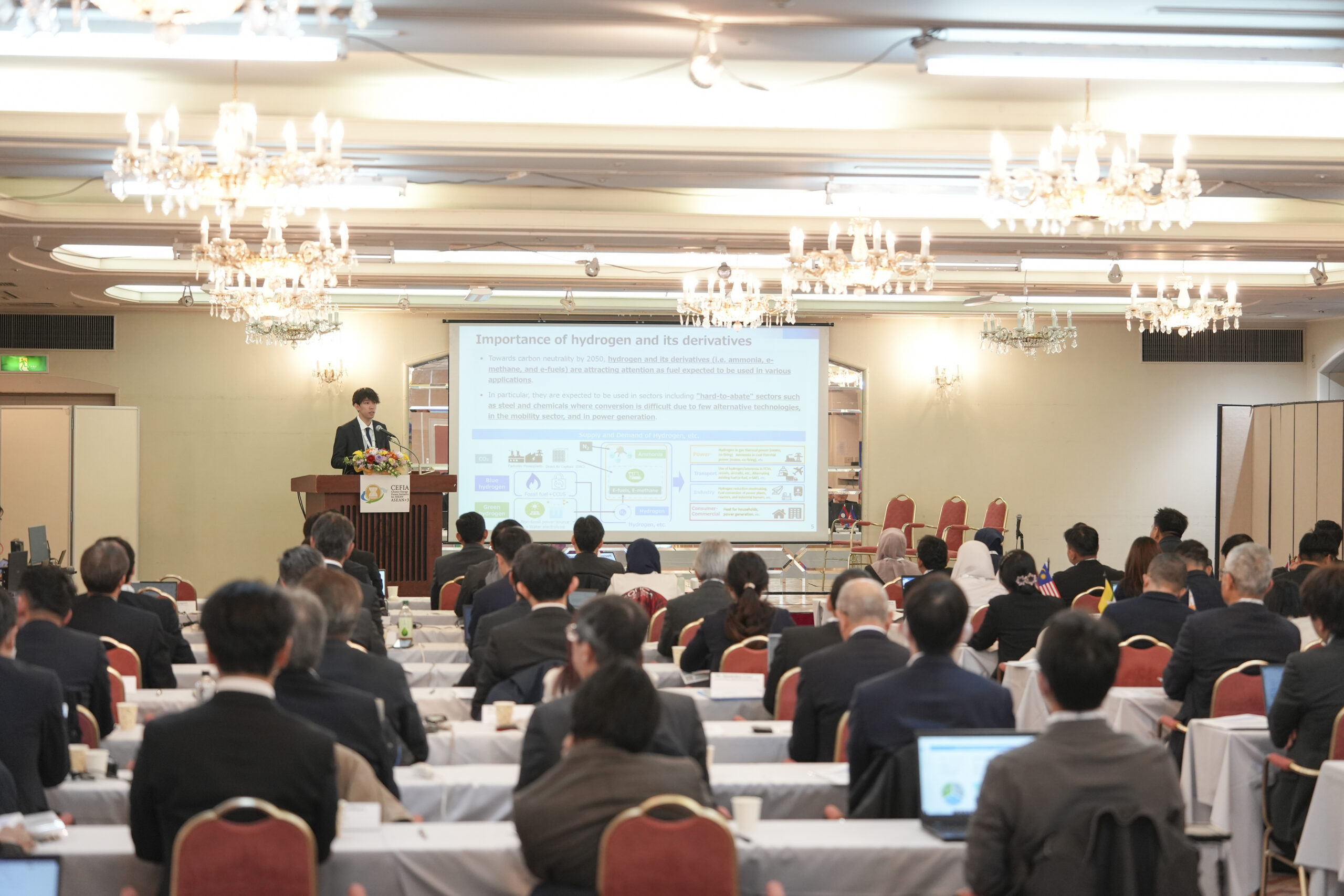
Photo 4. Presentation Session at the 7th CEFIA Forum
Sessions III and IV, led by METI representatives, focused on the sharing of advanced Japanese technologies, including hydrogen and ammonia, next-generation solar cells, and Carbon Capture, Utilization, and Storage (CCUS). Discussions also highlighted potential support for ASEAN’s clean energy transition and decarbonisation. Private companies featured in these sessions included the Japan Hydrogen Association (JH2A), Clean Fuel Ammonia Association (CFAA), Mitsubishi Heavy Industries, Sekisui Chemical Co., Ltd., and Mizuho Financial Group, Inc.
The forum continued in the afternoon session, led by Norihiro Kimura, Senior Negotiator for Climate Change from METI Japan, to discuss ASEAN’s strategy to achieve decarbonisation goals and potential collaboration under CEFIA. This session invited representatives from each of the 10 AMS to share their country priorities and action plans for achieving decarbonisation goals in the energy efficiency and renewable energy sectors, as well as potential support from CEFIA.
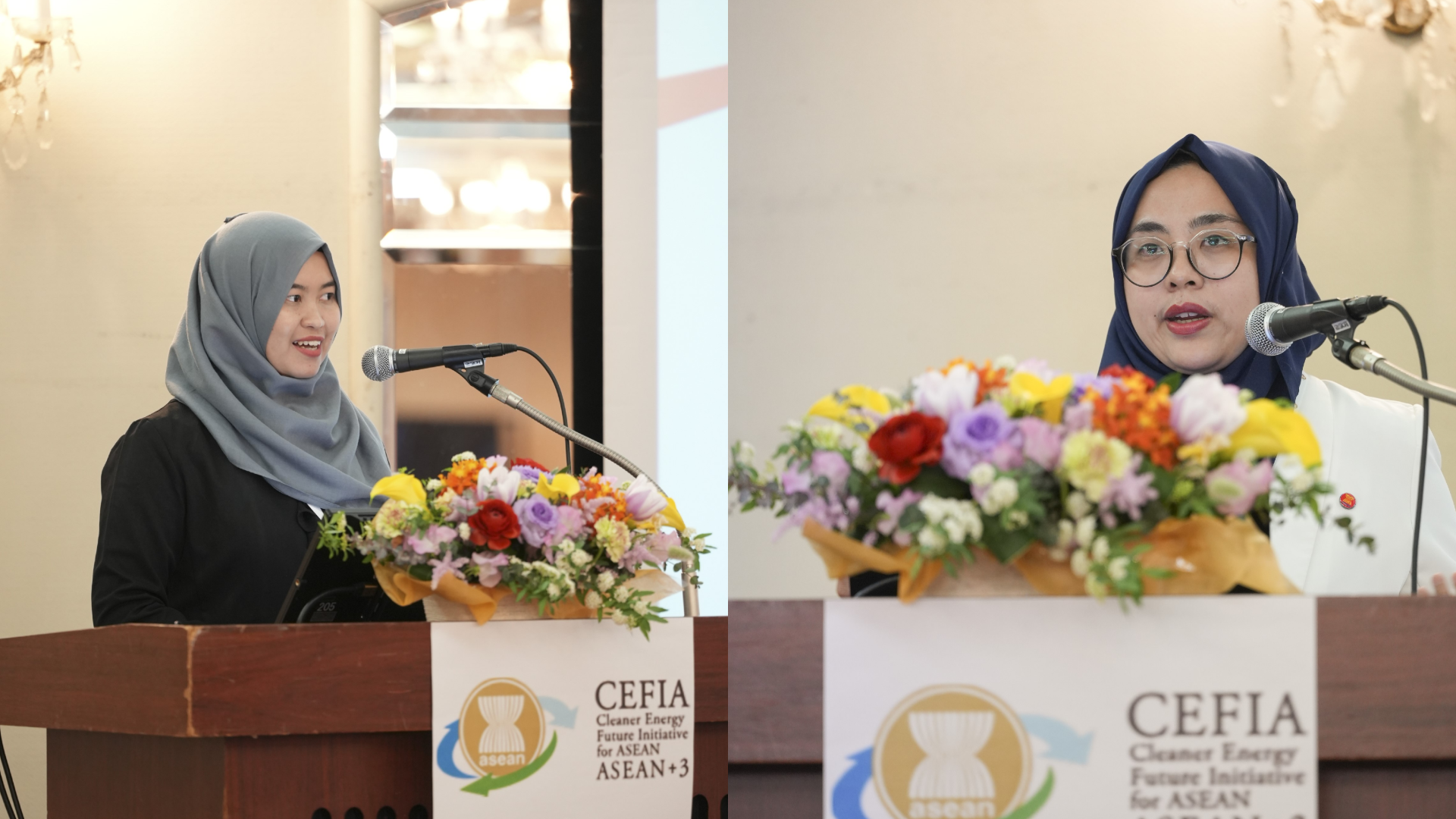
Photo 5. Mardika Firlina (left) and Monika Merdekawati (right) from ACE at the 7th CEFIA Forum.
To open Session V, Mardika Firlina, Associate Officer of CEE department from ACE, presented the ASEAN decarbonisation targets and regional initiatives focusing on renewable energy and energy efficiency under the APAEC framework. In addition to introducing the regional initiatives, she suggested expanding the scope of all CEFIA flagship project activities at the regional level. She also proposed increasing capacity-building activities, both in-person and online, to disseminate and promote the technologies, ensuring participation from all AMS.
Following the closing remarks by Norihiro Kimura from METI and Dr. Zulfikar Yurnaidi from ACE, the AMS participants proceeded to the Kawasaki Heavy Industries Kobe Plant for the scheduled first excursion. The visit aimed to introduce international liquefied hydrogen supply chains, including a tour of the first Liquefied Hydrogen (LH2) carrier, which has a capacity of 1,250 m³ of LH2. Participants also visited the LH2 receiving terminal, featuring a storage tank with a capacity of up to 2,500 m³ and a Loading Arm System (LAS).

Photo 6. CEFIA Excursion at Kawasaki Heavy Industries Kobe Plant.
On the second day of the Forum, the excursion continued to the IHI Corporation Aioi Factory. During the visit, participants learned about gas turbines developed by IHI Corporation, including a gas turbine that generates 2MW of electricity by burning liquid ammonia, achieving a greenhouse gas reduction of over 99%. Participants also visited the development and demonstration park for a large-scale ammonia supply facility. They further visited the Carbon Solution Museum, which showcased IHI’s initiative technologies for carbon solutions, including boilers for biomass fuel and ammonia co-firing.
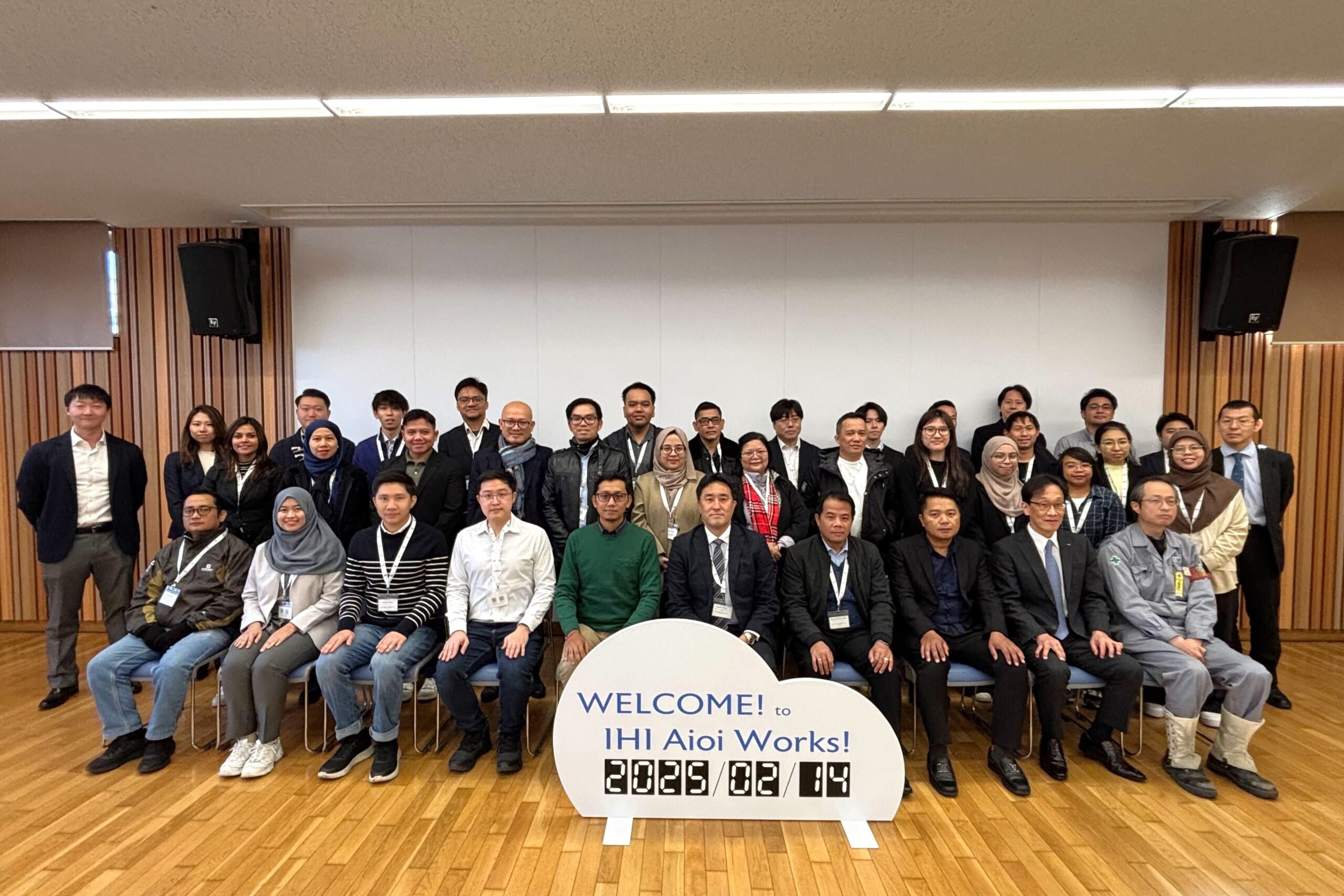
Photo 7. CEFIA Excursion at IHI Corporation Aioi Factory.
In the 2nd half of the day, AMS participants arrived at the Mitsubishi Heavy Industries Takasago Machinery Works. They were introduced to the Takasago Hydrogen Park, which achieved a world-first in 2023 by successfully demonstrating 30% hydrogen co-firing at 100% load in a large. Subsequently, the participants toured the gas turbine assembly workshop, where manufacturing, design, R&D, and verification sites are centralised in one location. The hydrogen production facility, utilising an alkaline water electrolyser, was also presented to the participants. This included their development of carbon neutrality hydrogen production technologies using Solid Oxide Electrolysis Cells (SOEC) and turquoise hydrogen production via CH4 pyrolysis.
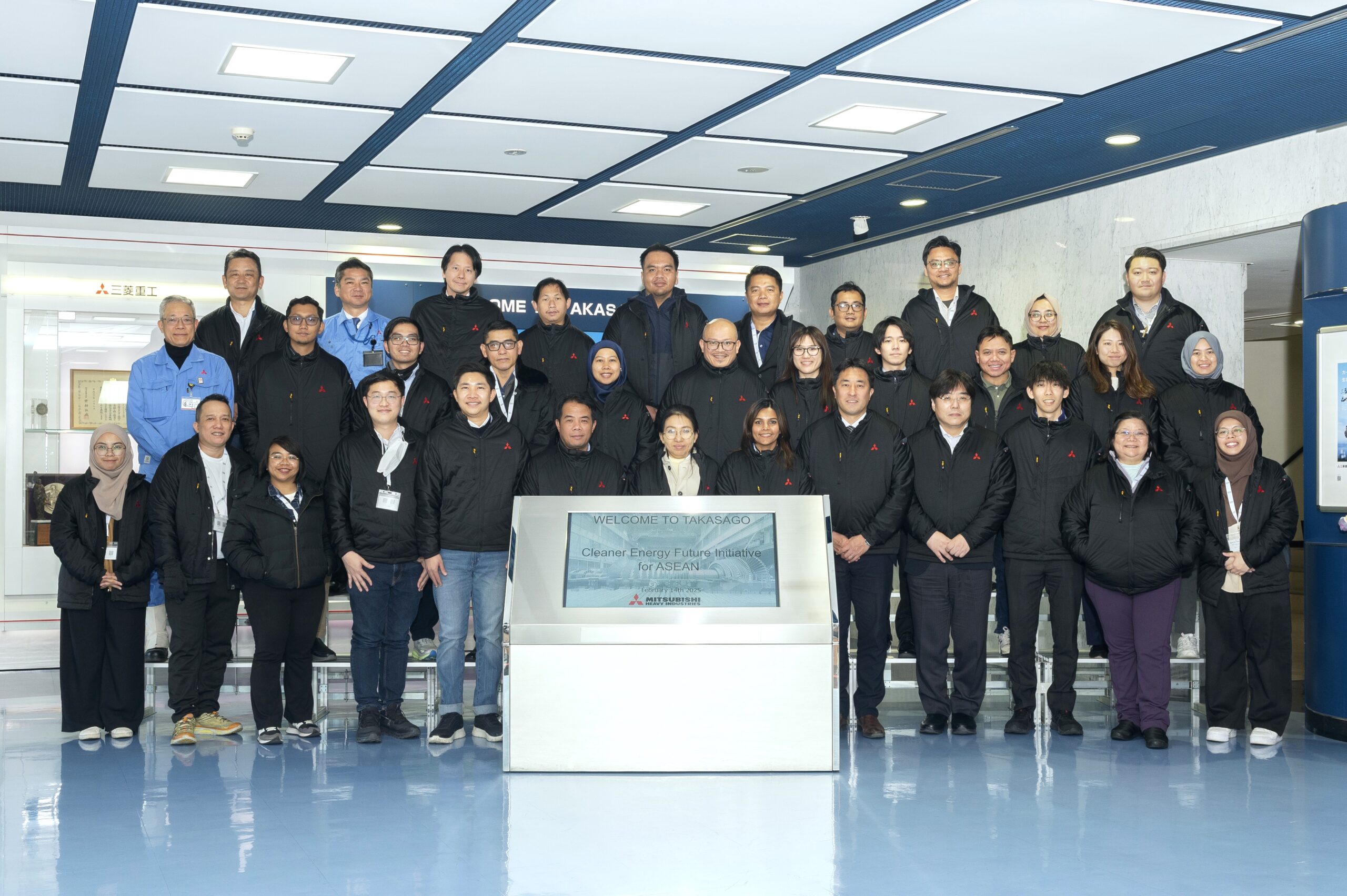
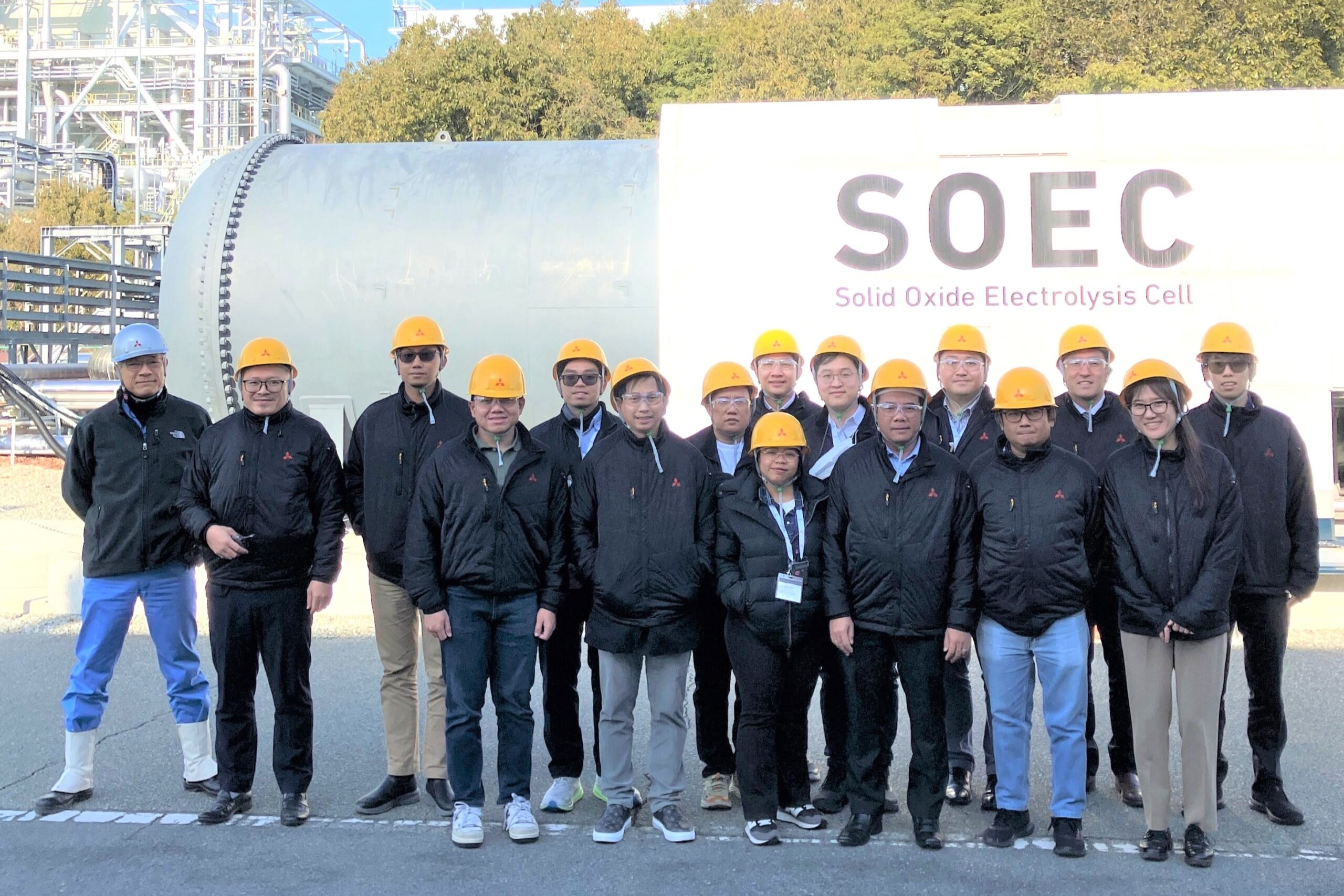
Photo 8. CEFIA Excursion at Heavy Industries Takasago Machinery Works.
About CEFIA
CEFIA was proposed by Japan and endorsed by ASEAN+3 Ministers on Energy at the 16th ASEAN+3 Meeting of Energy Ministers in Bangkok, Thailand, in 2019. CEFIA aims to serve as a platform to facilitate collaboration between public and private sectors in the deployment of cleaner energy and low carbon technologies in ASEAN, funded by the Ministry of Economy, Trade and Industry (METI) of Japan, with support from the ASEAN Centre for Energy (ACE) as a Secretariat. CEFIA oversees several flagship projects, implemented by private companies and organisations, to demonstrate best practices in technology deployment through collaborative efforts, policy development, and the mobilisation of public and private funding. More information is available at https://www.cefia-dp.go.jp/
Materials for the 7th CEFIA Forum can be accessed at The 7th CEFIA Forum|CEFIA Digital Platform.
